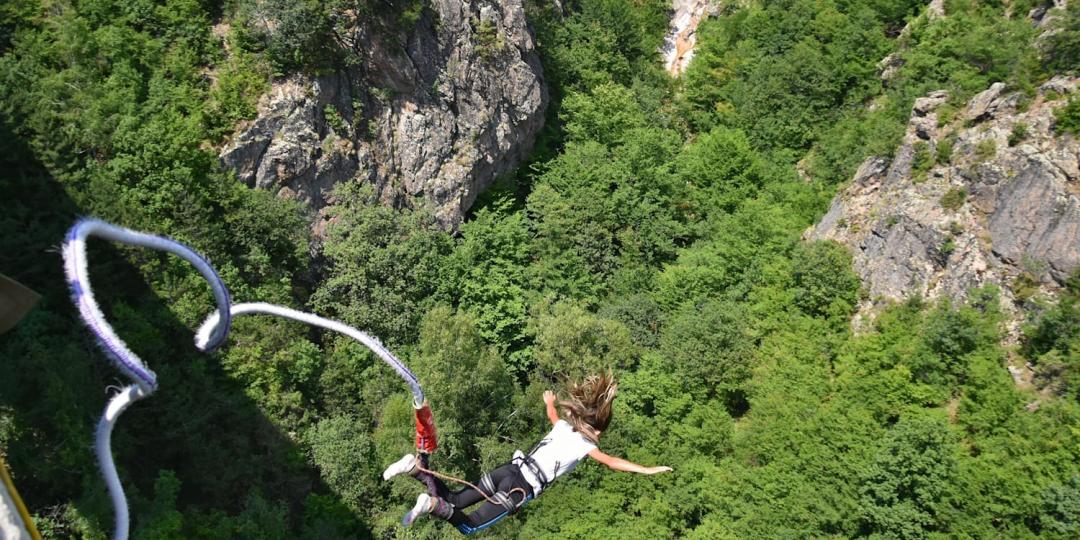The World Travel & Tourism Council (WTTC) has unveiled its latest set of safety measures for adventure travel.
“Adventure tourism is becoming increasingly popular amongst travellers and will represent a key component to travel in the new normal. According to our recently launched COVID-19 Travel Demand Recovery Dashboard, it is also one of the fastest growing segments, which is why it is vital to establish measures allowing safe travels for adventure travellers,” said WTTC President and CEO, Gloria Guevara.
The protocols refer to a wide variety of experiences including cycling, rafting, trekking, skiing, snowboarding, wildlife safaris and culinary tours. Not only are these activities mostly outdoors, thus limiting time spent in indoors, but group sizes can be managed to allow for physical distancing.
The new guidelines were compiled on the basis of insights and frameworks developed by the Adventure Travel Trade Association (ATTA) in collaboration with a number of key tour operators in the segment to support the safe, healthy and responsible restart of adventure tourism around the world.
“Consumer confidence is crucial for travel and tourism to resume. We know travellers will want to explore the world around them once more, as long as they are confident about their safety,” said Guevara.
CEO of ATTA, Shannon Stowell, said the WTTC protocols would avoid multiple standards, which would only confuse the consumer and delay the sector’s recovery.
Owner of Cape Xtreme Adventure Tours, Barry O’Donoghue told Tourism Update that while operations at his business had not reopened yet, his team were working on finalising health and safety measures.
“We are in the process of finalising all our protocols. We are currently using the TBCSA [Tourism Business Council of South Africa] protocols as guidelines and will incorporate and adhere to other industry best practices,” he said.
O’Donoghue’s company offers a range of activities, from shark-cage diving to paragliding, and health and safety protocols will need to be extensive to cover all activities.
WTTC measures for adventure travel:
- Reduce participant capacity limits for activities as appropriate to allow for physical distancing;
- Ensure activity difficulty levels do not exceed guests’ ability and skill, thus decreasing the need for a possible rescue;
- Provide clear, consistent, and up-to-date communication on new health and hygiene protocols via the organisation’s channels, both digitally and physically, through clear signage;
- Promote contact-tracing apps if required by local legislation;
- Inform guests about support available if questions or concerns arise;
- Share guest guidelines digitally ahead of trip or activity and in-person upon arrival on the basis of advice from health authorities, which may include the wearing of face masks or coverings, guidance on hand hygiene and avoiding physical contact. Consider having consumers acknowledge guidelines;
- Encourage guests to purchase tickets online if possible;
- Keep the same households, families, or members of group bookings together for all activities wherever possible, to lower risk of exposure for those outside of that unit;
- Ensure, where possible, that guests can handle their own equipment and gear for the duration of the trip. Where possible, guests should be encouraged to bring their own equipment or gear, such as bikes, skis, and helmets, among others;
- Limit physical contact and queuing where possible.























